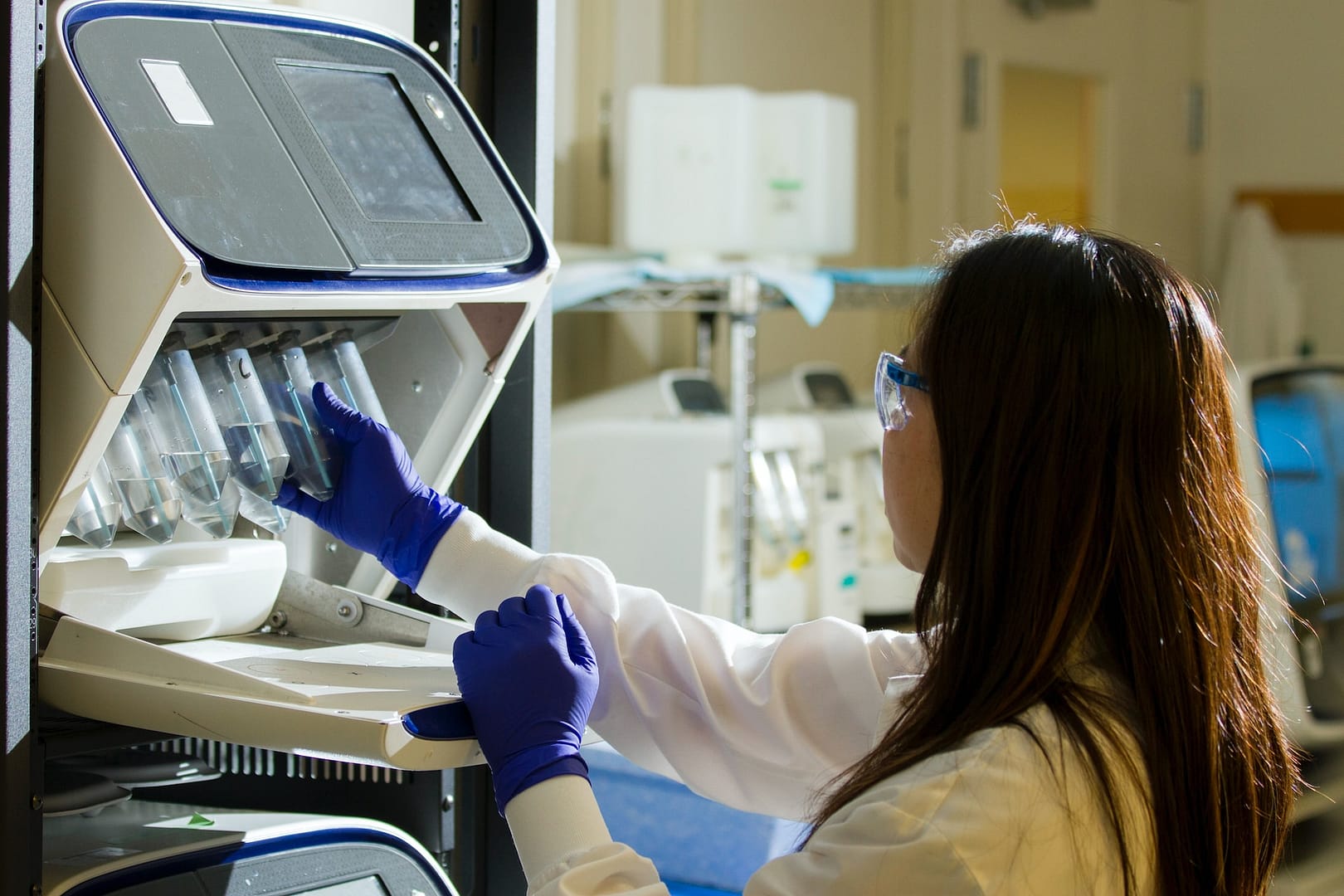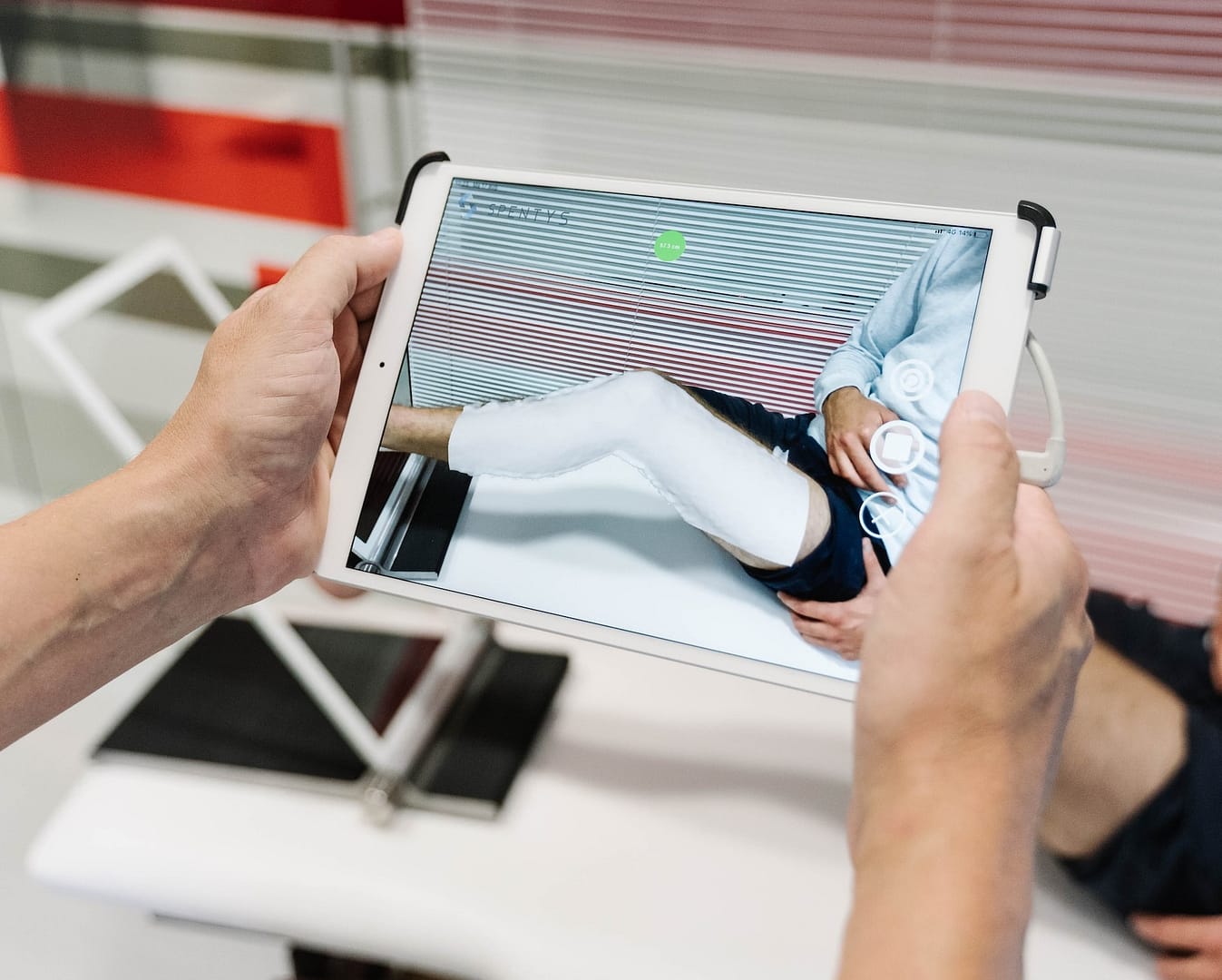Clinical negligence is a grave concern in healthcare systems worldwide, with patients and their families often enduring physical and emotional hardships as a result. In recent years, the integration of digital technology into the healthcare sector has revolutionised patient care and safety. This article delves into the impact of digital technology on treating patients, examining how technology aids in patient treatment, and ultimately, how it plays a pivotal role in preventing clinical negligence.
The Digital Revolution in Healthcare
The advent of digital technology has transformed nearly every aspect of modern life, and healthcare is no exception. Gone are the days of relying solely on handwritten notes and manual record-keeping. Today, healthcare providers harness the power of electronic health records (EHRs), telemedicine, diagnostic algorithms, wearable devices, and advanced imaging techniques to enhance patient care and mitigate risks.
Enhanced Patient Care
One of the most significant impacts of digital technology in healthcare is its ability to enhance patient care. Electronic health records, for instance, have streamlined the process of storing and accessing patient information. Physicians can now quickly retrieve a patient’s medical history, lab results, and treatment plans, ensuring more informed decision-making.
Reducing Medication Errors
Medication errors have been a leading cause of clinical negligence. However, technology has provided a solution through computerised physician order entry (CPOE) systems. These systems reduce the risk of misinterpretation or illegible handwriting on prescriptions by allowing healthcare providers to electronically prescribe medications. This significantly lowers the chances of administering incorrect drugs or dosages.
Real-time Monitoring
Continuous real-time monitoring is another crucial aspect of digital technology’s role in preventing clinical negligence. Wearable devices and remote monitoring systems enable healthcare professionals to keep a constant watch on patients’ vital signs and health metrics. This allows for the early detection of complications or deteriorating conditions, leading to more timely interventions.
Preventing Misdiagnosis
Harnessing Artificial Intelligence
Artificial intelligence (AI) and machine learning have emerged as game-changers in the healthcare industry. These technologies excel at processing vast amounts of medical data and identifying patterns that may elude human healthcare providers. By analysing a patient’s symptoms, medical history, and diagnostic imaging, AI algorithms can assist in accurate diagnosis and reduce the risk of misdiagnosis.
Early Detection of Diseases
Early detection of diseases is crucial in preventing clinical negligence. Advanced imaging technologies, such as magnetic resonance imaging (MRI) and computed tomography (CT) scans, have become more precise and accessible, aiding in the early diagnosis of conditions like cancer and neurological disorders. Timely diagnosis allows for prompt treatment and improved patient outcomes.
Decision Support Systems
Digital technology has given rise to sophisticated clinical decision support systems (CDSS). These systems provide healthcare providers with evidence-based guidelines and recommendations during diagnosis and treatment planning. By aligning with established best practices, CDSS helps reduce the risk of errors in clinical decision-making.
Telemedicine: Bridging Gaps in Access
Expanding Access to Care
Telemedicine has emerged as a lifeline in providing healthcare access to remote and underserved areas. It leverages technology to connect patients with healthcare providers through virtual consultations, eliminating geographical barriers. This not only enhances access to timely medical advice but also reduces the risk of delayed diagnosis and treatment.
Monitoring from Afar
In chronic disease management, remote monitoring through telemedicine has proven invaluable. Patients can use wearable devices to track their health status, and healthcare providers can monitor the data remotely. In case of any concerning trends or deviations, medical interventions can be initiated promptly, averting potential clinical negligence situations.
The Role of Robotics in Surgery
Precision and Accuracy
Robot-assisted surgery has become increasingly prevalent, offering enhanced precision and accuracy in complex surgical procedures. Robots can perform intricate tasks with minimal invasiveness, reducing the risk of surgical errors. For instance, the da Vinci Surgical System is widely used in procedures such as prostatectomy and hysterectomy, where precision is paramount.
Minimising Human Error
Human error can be a significant contributor to clinical negligence, especially in surgery. Fatigue, stress, and physical limitations can impact a surgeon’s performance. Robot-assisted surgery mitigates these risks by providing steady hands and precise movements, minimizing the chances of surgical mishaps.
Challenges and Ethical Considerations
Data Security and Privacy
While technology offers numerous benefits, it also presents challenges related to data security and privacy. Electronic health records and patient information must be safeguarded against cyberattacks and breaches. Unauthorized access to medical records can lead to serious clinical negligence issues.
Ethical Use of AI
The use of AI in healthcare also raises ethical considerations. Algorithms must be trained on diverse datasets to avoid bias in diagnosis and treatment recommendations. Additionally, the human touch in healthcare should not be overshadowed by technology. Healthcare providers must strike a balance between utilizing AI’s capabilities and maintaining compassionate patient care.
The Way Forward
Continuous Advancements
As technology continues to advance at a rapid pace, its role in preventing clinical negligence will only grow. More sophisticated AI algorithms, improved diagnostic tools, and innovative telemedicine solutions are on the horizon. These developments promise to further enhance patient safety and reduce the incidence of clinical negligence.
Integration and Training
Efficient integration of technology into healthcare systems is essential. Healthcare professionals must receive adequate training to harness the full potential of digital tools. Furthermore, healthcare organisations need to invest in robust cybersecurity measures to protect patient data from potential breaches.
Patient Empowerment
Digital technology also empowers patients to actively engage in their healthcare. Patients can access their medical records, track their health metrics, and participate in shared decision-making with their healthcare providers. This collaborative approach fosters better communication and reduces the likelihood of clinical negligence due to miscommunication.
Making a Clinical Negligence Claim with National Claims
At National Claims, we understand the importance of seeking justice and compensation in cases of clinical negligence. Our team is dedicated to assisting individuals who have suffered due to medical errors, and we leverage technology to ensure a smooth and efficient claims process.
A Streamlined Approach
Technology plays a significant role in simplifying the process of making a clinical negligence claim with National Claims. We have embraced digital tools to make it easier for our clients to seek the compensation they deserve.
Online Claim Submission
Our online claim submission platform allows clients to submit their claims quickly and securely. With just a few clicks, you can provide us with the necessary details and documentation related to your case. This eliminates the need for lengthy paperwork and ensures that your claim reaches us promptly.
Secure Document Sharing
We prioritise the security of your sensitive information. Our secure document-sharing system ensures that all documents related to your claim are encrypted and protected. You can upload medical records, bills, and other relevant documents with confidence, knowing that your privacy is our top priority.
AI-powered Assessment
National Claims employs AI-powered assessment tools to evaluate the merits of your clinical negligence claim. Our algorithms analyse the details provided and compare them with established legal precedents. This ensures that we can provide you with an initial assessment of the strength of your case quickly and accurately.
Speedy Initial Response
Thanks to AI, our clients receive a preliminary response to their claims within a short timeframe. This allows you to gain insights into the viability of your case without unnecessary delays, helping you make informed decisions.
Virtual Consultations
In our commitment to convenience and accessibility, National Claims offers virtual consultations. You can schedule an online meeting with our legal experts to discuss your case, ask questions, and receive legal advice—all from the comfort of your home. This approach reduces the need for in-person meetings and ensures that you can access our services regardless of your location.
Case Management
Once your clinical negligence claim is accepted, our technology-driven case management system ensures that every detail is meticulously tracked and managed. You will have access to a secure portal where you can monitor the progress of your case in real time.

Conclusion
The role of technology in preventing clinical negligence is undeniably significant. It has not only transformed the healthcare industry but also revolutionised the way individuals can seek justice and compensation in cases of medical errors. At National Claims, we are committed to leveraging technology to make the claims process as straightforward and efficient as possible for our clients.
From online claim submission and secure document sharing to AI-powered assessments and virtual consultations, we use technology to streamline the journey toward justice. Our dedication to ensuring that individuals who have suffered due to clinical negligence can access the legal support they need is unwavering.
As technology continues to evolve, National Claims remains at the forefront of innovation, constantly seeking ways to improve our services and deliver the best possible outcomes for our clients. With us, you are not just making a clinical negligence claim; you are partnering with a team that understands the power of technology in securing your rights and providing you with the compensation you deserve.
Contact us to get a start on your claim and speak to one of our experienced claims specialists today.
Click below to see why we are one of the most trusted claims management companies in the UK.

We’re proud of our excellent customer reviews
We thrive on delivering exceptional service and ensuring our clients’ satisfaction. Don’t just take our word for it. Check out some of our independent reviews to see what our clients have to say.
Excellent

This firm is excellent, they sorted out my car pay out and injury claim very fast, they always communicate with you all the time.

My accident case was dealt with confidence and with great result of the outcome, especially James kept me informed all the time.

I was very impressed at the way my inquiry was treated. I was listened to attentively and everything I needed to know was explained to me.






